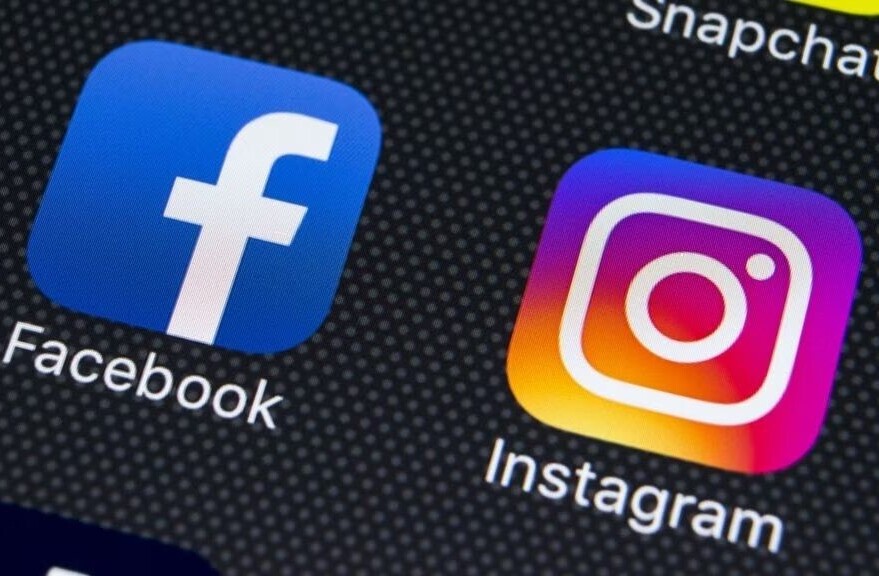
TechCrunch is reporting that Facebook is looking to acquire WhatsApp, according to sources close to the matter. I’ve long said that the social network needs to boost its mobile presence by stepping into the mobile chat app space — but I can’t help but feel that this deal, if true, is not the right one for Facebook. Let me explain.
WhatsApp has long been a pioneer of mobile messaging. The industry and technology has been around for at least five years, first via initially Nokia-only clients like Fring or Truphone, but the US startup has realized the potential of cross-platform messaging apps in this age of widespread smartphone ownership.
Has WhatsApp peaked?
There is no doubt that the company and its product has been revolutionary, but it is actually seeing its dominant position and product tested — and in many ways bettered — by newer rivals who have seen incredible traction, particularly in Asia and other emerging markets (its presence in which TechCrunch says is a major part of what appeals to Facebook).
Ted Livingston, founder of rival app Kik, recently explained his belief that mobile chat services are best kept simple in Western markets, and WhatsApp has certainly stuck to that mantra, and that might just be cause for concern.
Asian services — such as WeChat (200 million), Kakao Talk (65 million), Line (75 million) — have introduced a string of new features that go way beyond the features of WhatsApp — such as voice calls, video chat, in-service app sharing and sharing to social network — which has helped it accelerate in emerging markets. Certainly from anecdotal evidence, I notice increasing numbers of WhatsApp users adopting more feature-rich alternatives like Line or WeChat, those service are even competing with Facebook itself.
Kik itself has just introduced a subtle multimedia sharing option and, as Tech In Asia points out, keeping things simple is harming WhatsApp in emerging markets. WeChat (China), Kakao Talk (Korea) and Line (Japan) are each breaking out of their home markets and, while the space is congested now, one or two of them are likely to conquer a great deal of Asia, leaving WhatsApp behind.
There’s no hard data to support WhatsApp and TechCrunch notes that it hasn’t communicated user data for more than a year, when it hit 1 billion daily messages in October 2011, but that’s a milestone that WeChat, Kakao Talk, Line and other have already passed. The company is one of the few that refuses to disclose its total download numbers, yet WeChat (200 million), Kakao Talk (65 million), Line (75 million), Nimbuzz (100 million) and even Kik (30 million) are happy to share figures.
Given that the chat app space is growing at rapid speed, most companies are happy to share their figures – in declining to do so, WhatsApp is leaving question marks over its presence. We know that it at least 100 million Android downloads (not 7 million, as TechCrunch reports) but Apple’s App Store doesn’t provide indications of download numbers. That makes the picture very much incomplete but, what’s for sure, is that WhatsApp isn’t the sole option for reaching emerging market smartphone owners…and it may not even be the widest used.
Instagram-style opportunity
There are also question marks around the business model and how it would work for Facebook. WhatsApp is set against advertising, like many chat apps since pushing links to mobile risks upsetting users, which very much goes again the Facebook way of doing things. However, as I’ve said before, I see a possible acquisition as an Instagram-style purchase, in that Facebook — as the world’s de facto Internet communications platform — needs to be in this growing space first and foremost, monetization can follow.
Indeed, looking to Asia, opt-in brand marketing, game centers, virtual currencies, in-service apps and a host of other innovative business models are taking hold and Facebook could apply them to WhatsApp, or any other service, to both draw revenue and link-up with its main (social networking) service.
Facebook is absolutely right to look at moving into the mobile chat app space however, with WhatsApp losing its ‘international shine’, it would do better to look at a fresher (and less expensive) rival, or bring real-time chat features and other improvements to its own messaging app, which it bolstered when it bought Beluga.
If it fails to focus on mobile messaging, there’s every danger Facebook could lose out in an important new communications medium that is taking hold of Asia, other emerging markets and could soon be huge in the West.
Related: Here are 6 reasons why Facebook needs to buy a mobile messaging service
Image via 401(K)2012 / Flickr
Get the TNW newsletter
Get the most important tech news in your inbox each week.




